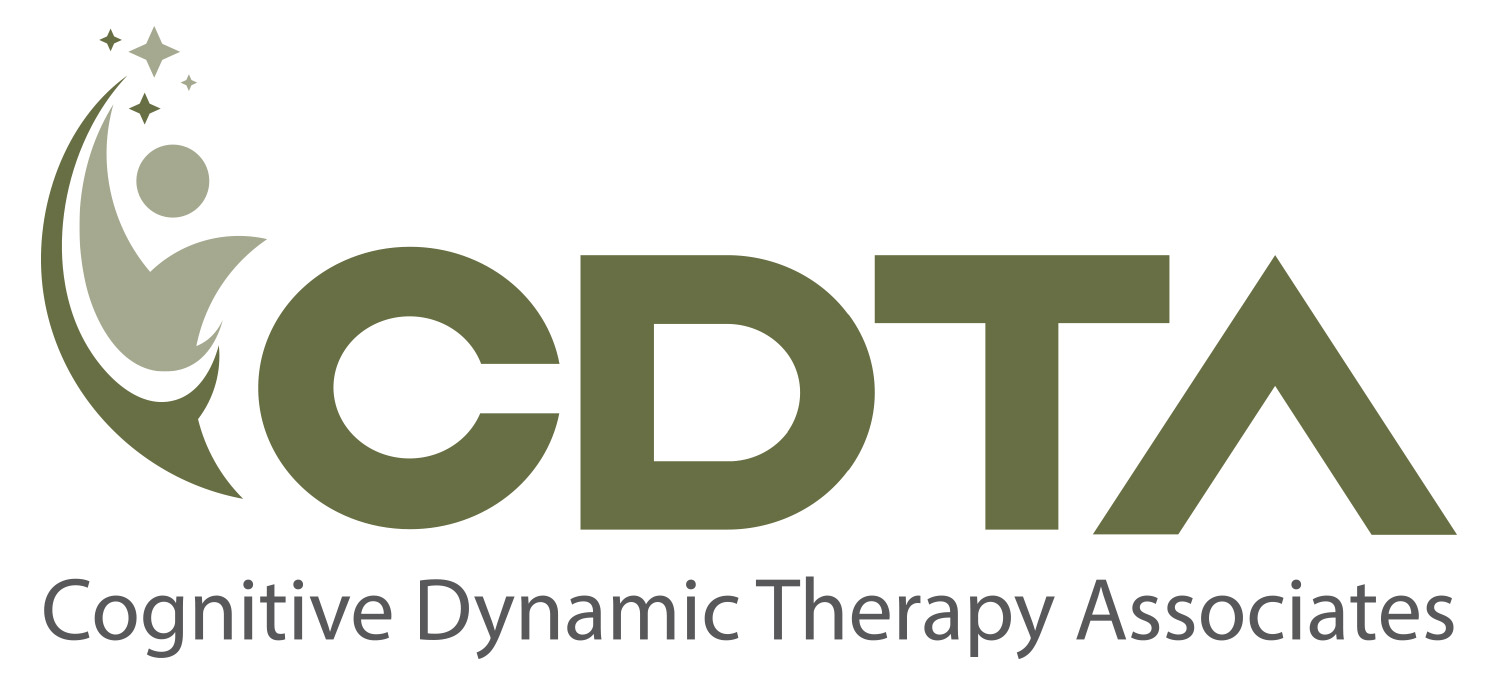Depression
What Is Depression?
Depression is a “mind-body” illness involving your body, mood, and thoughts. It affects the way you eat and sleep, the way you feel about yourself, and the way you think about things. People with depressive illness cannot merely “pull themselves together” and get better. Without treatment, symptoms can last for weeks, months or years. Appropriate treatment, however, can help most people to recover and achieve a positive mood.
Not every person who is depressed experiences every symptom of depression. You may have only a few symptoms; some people may suffer more. Also, severity of symptoms varies with individuals.
Depression may make you feel exhausted, worthless, helpless, and hopeless. Such negative thoughts and feelings make some people feel like giving up.
Symptoms Of Depression
- Sad, anxious, or “empty” mood
- Hopelessness, pessimism
- Guilt
- Feelings of worthlessness
- Helplessness
- Loss of interest in activities
- Decreased sexual activity
- Disturbed sleep: early-morning awakening, or oversleeping
- Appetite and/or weight loss or overeating and weight gain
- Decreased energy and fatigue
- Suicidal thoughts or attempts
- Restlessness, irritability
- Difficulty concentrating, remembering, or making decisions
- Persistent physical symptoms such as headaches, digestive disorders, and chronic pain
It is important to realize that these negative views are part of the depression and typically do not accurately reflect your situation. Negative thinking fades as treatment begins to take effect.
Do not make major life decisions, such as changing jobs, getting married or divorced, without consulting others who know you well and who have a more objective view of your situation. In any case, it is advisable to postpone important decisions until your depression has lifted.
Do not expect to snap out of your depression. People rarely do. Help yourself as much as you can and do not blame yourself for not being up to par.
Professional Help
Research has shown that two forms of psychotherapy are particularly helpful for depression: Interpersonal Therapy and Cognitive Behavioral Therapy.
Interpersonal therapists focus on problems personal relationships that both cause and exacerbate the depression.
Cognitive/behavioral therapists help patients change the negative styles of thinking and behaving often associated with depression. Cognitive Dynamic Therapy integrates these approaches depending on the needs of the individual.
Family And Friends Can Help
Since depression can make you feel exhausted and helpless, you will want and probably need help from others. However, people who have never had a depressive disorder may not fully understand its effect. They won’t mean to hurt you, but they may say and do things that do. It may help to share this web page with those you most care about so they can better understand and help you.
To schedule an appointment or to receive more information about Depression, please contact:
Robert Schwartz, PhD
Director, Depression Program
References: NIH Publication No.035299
Please use our secure contact form below to contact Cognitive Dynamic Therapy Associates. To protect your confidentiality, all information is sent using an encrypted, secure, third party service.
